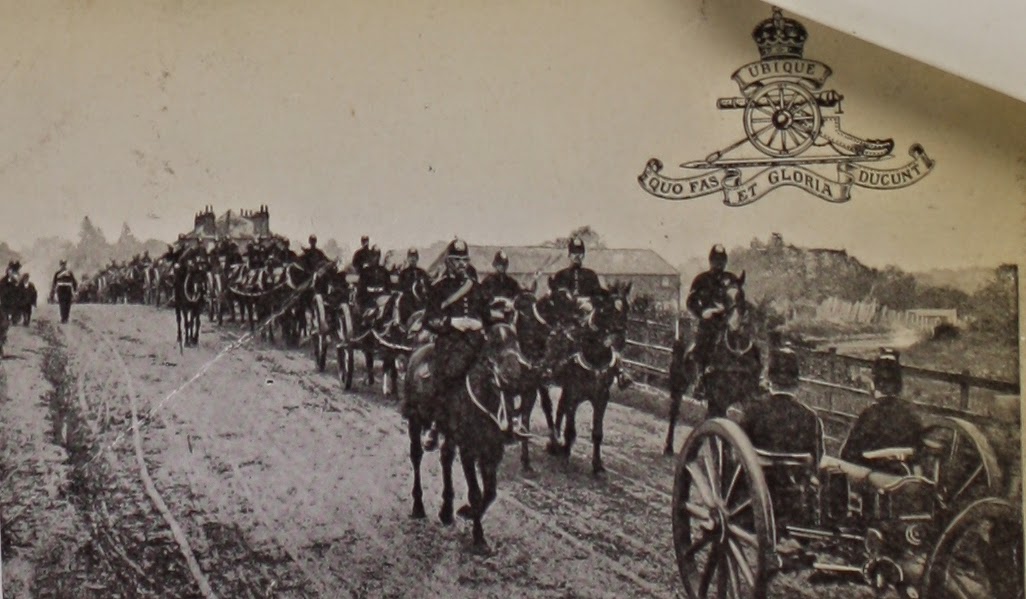The role of Canada in the War
Last week’s post concentrated on Harold, a boy brought up from a young age in the care of the Manchester Refuges and worked as a draper in Liverpool. When he enlisted at the beginning of the Great War he fought within the Lancashire Fusilliers regiment, for the country in which he had been born and raised. Many of the other boys on our honours list did the same thing. Some however fought despite having been out of the country for many years.
The British declaration had automatically brought Canada into the War, because of Canada's legal status as a British dominion. Canada however, did have the right to decide how heavily involved they became. On 5 August 1914, in response to Britain’s declaration the Governor General declared war between Canada and Germany.
Of the 250 men from the Refuge known to have fought in the War, 58 fought in the Canadian Contingent. This is in comparison to 55 in the Manchester Regiment. It is apparent that many of those who were emigrated across to Canada in childhood, voluntarily enlisted to fight for the country they were born into. This perhaps speaks volume of the strong connections many Home Children still felt for England.
Henry
So today we tell the story of one of those men who emigrated across to Canada and fought in World War One. Henry was admitted to the Central Refuge on Francis Street in 1906 aged 10. He was brought across to us by the Reverend Alfred Cook of the Salford Central Mission after his father passed away, leaving him and his 3 siblings as orphans.
The following year Henry set sail for Belleville, Canada where he was placed with a farming family. Here he was taught how to milk the cows, harvest the fields and enjoyed a strong relationship with the family he lived with. In 1913 letters from him received by the charity speak of his desire to continue his education at Belleville High School after passing his entrance exams. After working hard to pay his fees he eventually gained a free scholarship and studied law.
 |
| Postcard - Canadian Royal Field Artillery |
The British declaration had automatically brought Canada into the War, because of Canada's legal status as a British dominion. Canada however, did have the right to decide how heavily involved they became. On 5 August 1914, in response to Britain’s declaration the Governor General declared war between Canada and Germany.
Of the 250 men from the Refuge known to have fought in the War, 58 fought in the Canadian Contingent. This is in comparison to 55 in the Manchester Regiment. It is apparent that many of those who were emigrated across to Canada in childhood, voluntarily enlisted to fight for the country they were born into. This perhaps speaks volume of the strong connections many Home Children still felt for England.
 |
| Henry in uniform |
So today we tell the story of one of those men who emigrated across to Canada and fought in World War One. Henry was admitted to the Central Refuge on Francis Street in 1906 aged 10. He was brought across to us by the Reverend Alfred Cook of the Salford Central Mission after his father passed away, leaving him and his 3 siblings as orphans.
The following year Henry set sail for Belleville, Canada where he was placed with a farming family. Here he was taught how to milk the cows, harvest the fields and enjoyed a strong relationship with the family he lived with. In 1913 letters from him received by the charity speak of his desire to continue his education at Belleville High School after passing his entrance exams. After working hard to pay his fees he eventually gained a free scholarship and studied law.
 |
|
First page of a letter to the Refuge from
Henry, March 1915
|
At the age of 19, Henry gave up his studies and enlisted on the 8 January 1915 for overseas service in the 39th Battalion as a Corporal. He was later promoted to Sergeant. It is unknown where Henry was deployed to but the 39 Battalion fought at the battles of Mont Sorrel and the Somme. His death in action on the 2nd March 1917 was reported in a Canadian newspaper. He was just 22 years of age:
“He was a fine young man and the report of his death in action has caused great grief to those who knew him.”He is commemorated at Maroc British Cemetery, Grenay.

Comments
Post a Comment
Like to know more about a certain home or period in the Together Trust's history? Why not comment and let us know.
If you have a personal or more specific enquiry please see our 'Contact Us' section at the top of this page to get in touch via email.